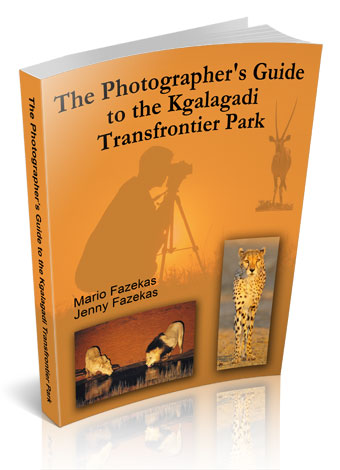 |
| Promoting the project for education about menstruation. |
Back in 2008, Sylvia Biira, who was teaching at a school in western Uganda, noticed that many girls would be absent from classes for four to five days each month. As she thought, she realized that the girls were missing classes on days of menstruation because they had no sanitary protection. In Uganda, these products are very expensive and considered a luxury, especially for the majority of families, who can't afford them.
In addition, there is the tradition that considers menstruation to be taboo, a time that limits women and girls from circulating in the community. Given those limitations, many girls were missing out on a significant portion of their education.
So, Sylvia got together with Samuel Ndungo, the director of the LUHWAHWA YOUTH FOUNDATION, to see if they could develop a solution. Together, they developed the Menstrual Health Management Project. Previously, girls and women had been improvising to make somewhat absorbent pads from various materials that weren't too effective and sometimes led them to develop urinary tract infections (UTIs). So, the challenge was great!
This solution involved education of community members on basic sanitation, including the use of soap for handwashing. Something as basic as soap had to be made, so that was included in the education. Then came education about menstration, with the assistance of IRISE INTERNATIONAL. And AFRIPADS provided very inexpensive menstrual pads through yearly supplies in the form of kits. That enabled members of the community to make more absorbent menstrual pads from better materials. This has become one more way to make sure women and girls can participate more fully in society and get the entire education they deserve.
 |
| Utilizing materials in the kits to make menstral pads is a project for both men and women. |
Click here: GUIDE TO ORGANIC COOKING


No comments:
Post a Comment